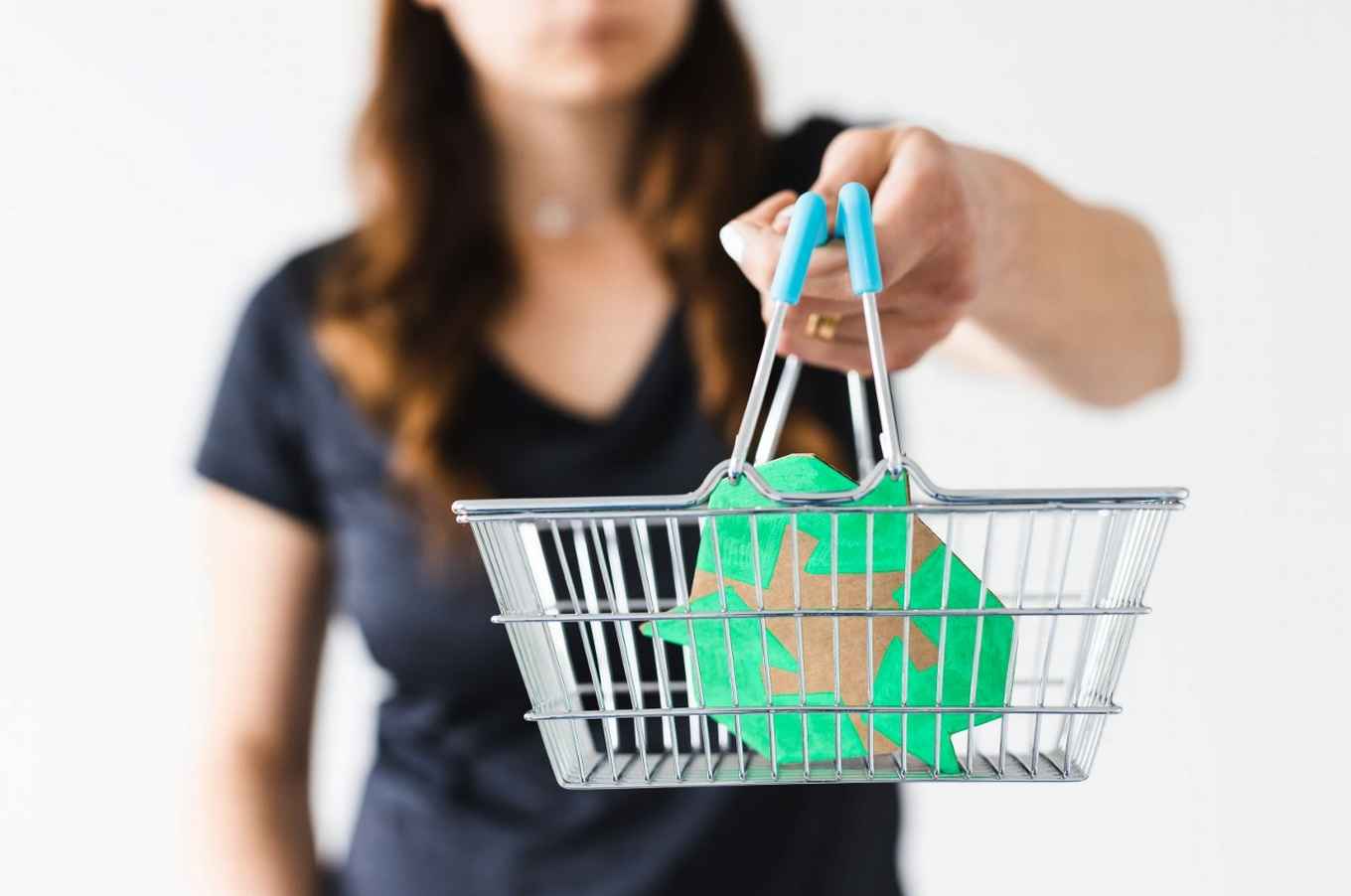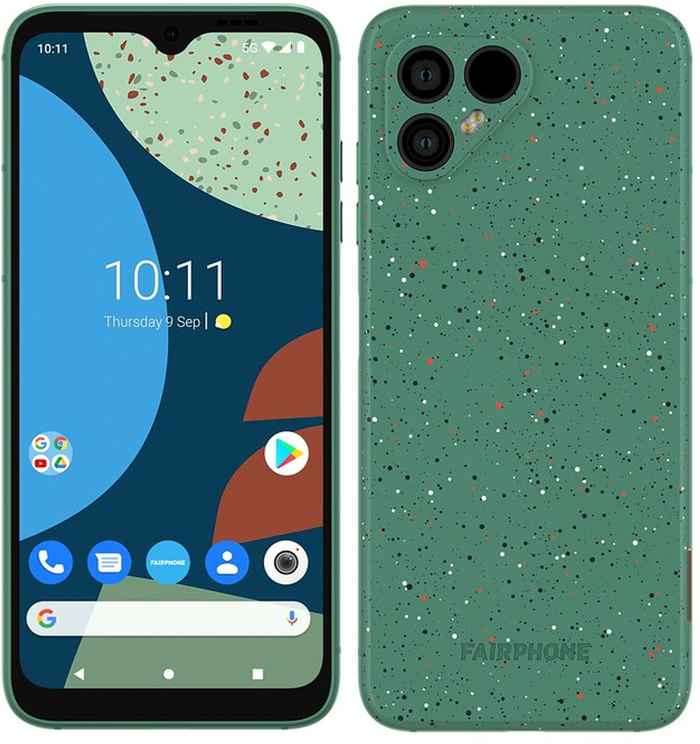A clear consumer demand for sustainable products
30 May 2023

To make sure that sustainable alternatives for conventional products are widespread and affordable, consumers need to adopt them. ‘Companies will only invest money in sustainable products when they know consumers will buy them’, states Zwicker. Green purchasing behaviour is however very complex and influenced by a range of psychological and situational factors. With her research Zwicker helps to better understand attitudes towards two types of sustainable alternatives: bio-based plastic and a modular smartphone.
‘I found a clear consumer demand for both of these alternatives’, states Zwicker. ‘Participants in my studies consistently had positive attitudes towards these products and indicated purchase intentions and a willingness to pay a price premium.’ But Zwicker also warns these participants often knew little about the specific qualities of the sustainable alternatives. ‘This could lead to a wrong use of the products, like wrongly disposing of bio-based plastic because they think it is biodegradable, or disappointment if the product does not have the properties they thought it had.
Fortunately Zwicker also found that by providing simple and accessible information, we can enhance knowledge, dispel misconceptions, and simultaneously sustain consumer demand.
Preferences for bio-based plastic
Zwicker investigated preferences for three types of plastic bottles:
- a conventional fossil-based bottle (PET plastic),
- a visually identical bio-based bottle (PEF plastic), and
- a visually distinct bio-based bottle with a paper outer layer (paper PEF).

‘People overwhelmingly preferred the bio-based bottles over the conventional one and were willing to pay up to 40% more for these bottles.’ The strongest preference was found for the bottle that looked different. ‘Designs that signal pro-environmental behaviour by being visually distinct might thus be a promising way to promote sustainable purchasing choices.’
People misunderstand qualities bio-based plastic
Zwicker also found that people often misunderstood its’ qualities. ‘Participants overestimated the biodegradability and found it less important to recycle bio-based plastic. But bio-based does not mean it is always completely biodegradable, it refers to the material it is derived from: renewable biomass from above ground instead of fossil resources from underground', explains Zwicker.
Some products you want to be biodegradable, like a disposable straw or other single-use items. But others need a much longer life time, like parts in your computer or other machinery. Zwicker manipulated the information about bio-based plastic that participants received. She found that receiving balanced information about the specific properties of the material resulted in participants keeping their positive attitude and willingness to pay more.

Psychological factors dominate purchasing intentions of a Fairphone
To expand beyond the plastic context and address other environmental decisions, Zwicker also investigated consumer attitudes and purchase intentions towards a modular smartphone, the Fairphone 4. ‘Psychological factors played a more important role for purchasing intentions than product and brand characteristics like price, camera, or the reputation of the brand. Positive emotions, overall attitude, and green product interest had a positive relationship, while the importance of the phone as a status symbol and feelings of uncertainty about the product related negatively to purchase intentions.’
Many ways to reach the goal of more sustainable consumption
Zwicker concludes there is clearly a consumer demand for sustainable products and a commercial upside to providing more sustainable bio-based plastic products. Producers should however consider providing clear information about the characteristics of the product, and be aware of the complexity of people’s attitudes. ‘A great variety of factors were related to purchase intentions, also depending on the specific product. While this complexity is daunting, the fact that so many factors are relevant illustrates that there are many ways to reach the goal of more sustainable consumption.’
PhD thesis details
Maria Zwicker (2023), 'The Complexity of Consumer Attitudes Towards Sustainable Alternatives'. Supervisors are Prof. F. van Harreveld and Prof. G.J.M. Gruter. The co supervisor is Dr C. Brick.
Time and location
Thursday June 8, 13.00-14.30, Agnietenkapel, Amsterdam